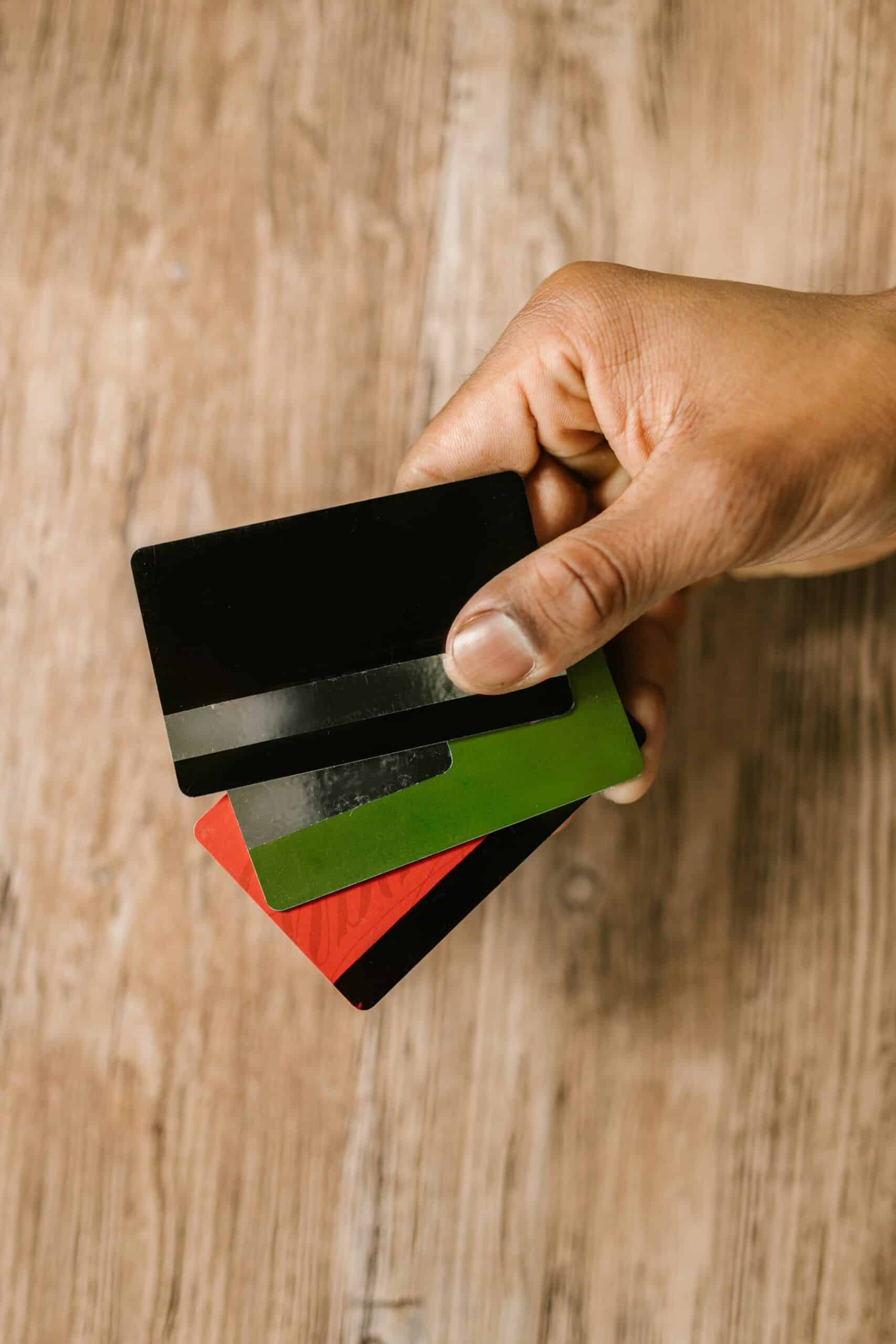
Although forgery and counterfeiting are thought of more as a federal offense, the state of New Jersey has its own laws and statutes pertaining to the two crimes, which means you can get in trouble at the state level if found guilty. Being convicted of such crimes can affect your future, reputation and livelihood, which is why it’s important to understand how forgery and counterfeiting is defined, so you know how to avoid trouble.
“Writing”
Forgery and counterfeit have to do with changing or delegitimizing a piece of writing. In this case, we should make sure we know exactly what is referred to as “writing.” The writing in question can be a number of things, including money, credit cards, badges, access devices, or other symbols of value like sales receipts, UPC labels and checks. There are other things that can fall under this category as well, depending on varying circumstances. Generally, the things in question when it comes to forgery and counterfeit are items of value, agreements, or status.
Forgery and Counterfeit
In the state of New Jersey, a person is guilty of forgery if they purposely or knowingly do any of the following:
- Change any writing of another without writer’s authorization,
- Make, authenticate, or transfer any writing so that it purports to be that act of another (who didn’t authorize that act) or of a fictitious person; or
- Utter any writing with the knowledge of it being forged.
The severity of the charge and punishment of forgery depend on the circumstances. To give a brief idea, the least severe charge is a disorderly persons offense, which would come from being in the possession of 1 or more sales receipt, UPC labels or checks in an attempt to defraud a retail merchant. Penalties for this offense could see you facing up to 6 months in jail and fines of up to $100. In the worst cases, you could face a crime in the third or second degree for the forgery of money, securities or checks, the possession of 15 or more forged items, the possession of any equipment or device designed for forgery, or knowingly using a forged government ID. With these more severe offenses, you could face up to 5-10 years in prison and fines of $500.
Counterfeiting, which is a more specific kind of forgery, pertains to creating a fake version of something and trying to pass it as legitimate. In most cases, this includes forms of currency, however things like retail merchandise and other goods can also be counterfeited and would be considered against the law. In this case, the actor knowingly manufactures/uses/displays/advertises/distributes/sells or possesses with the intent to sell or in conjunction with commercial activities within New Jersey, any item or services identified by a counterfeit mark. In cases of counterfeit, the defendant could face fines between $100,000 and $500,000.
Have Proper Representation
In any case of forgery or counterfeiting, the consequences and outcomes can be pretty severe. It is important to have the best representation if you or someone you know has been charged with the aforementioned crimes. There are potential defenses which can help limit the severity of the penalties you might face, which include mistake, lack of intent or consent from the affected party. In any circumstance, we at Catanzaro Law understand how important it is to have the best representation. Our experienced and professional attorneys are dedicated to help you fight the charges you may be facing and deliver the best possible outcomes. Don’t let a forgery or counterfeit charge ruin your future and affect your freedom. Contact us today for a free consultation, and be confident knowing you’ll have the best representation possible!